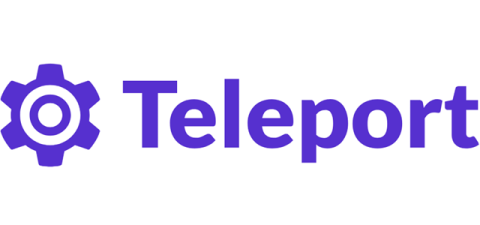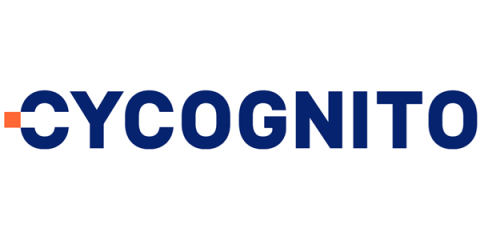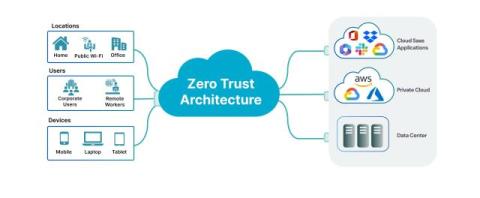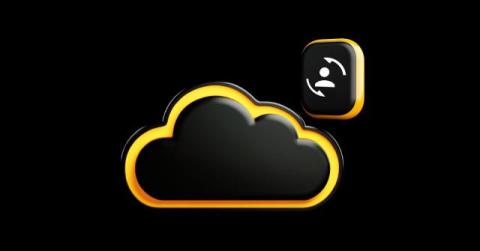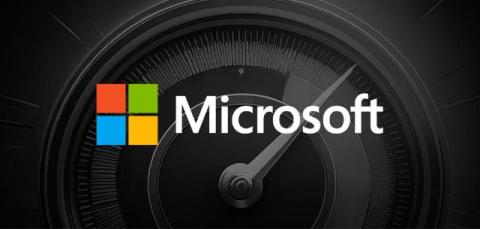Security | Threat Detection | Cyberattacks | DevSecOps | Compliance
%term
Streamlining Security Documentation for London SMEs
Security documentation is a huge concern for small and medium businesses in London due to the rapidly changing business environment. As these companies start doing more things online, security documentation is not an option but a dire need. With good security documentation, you will be able to protect all the vital information and compliance requirements. How can your business be managed effectively? Let's have a look at the essentials.
Teleport delivers "crown jewel observability" with access control monitoring for critical infrastructure resources
New updates to Teleport Policy enable security professionals to cut through the noise of alert fatigue, with "Crown Jewel" tagging and monitoring for access variances in critical resources.
How to Detect Threats to AI Systems with MITRE ATLAS Framework
Cyber threats against AI systems are on the rise, and today’s AI developers need a robust approach to securing AI applications that address the unique vulnerabilities and attack patterns associated with AI systems and ML models deployed in production environments. In this blog, we’re taking a closer look at two specific tools that AI developers can use to help detect cyber threats against AI systems.
The states of data, Part 4: Securing data in motion through treacherous transits
In our previous blog, Data in use and why you need to keep an eye on file activities, we discussed why you should monitor how your data is being used, threats to data in use, and how you can protect it. But, when your data is on the move, you need other security capabilities to secure it. In this blog, we’ll explore data in motion. Gone are the days when you’d simply store your data in your local database and share it with peers when required.
CyCognito Announces Enhancements to its Automated Security Testing Product
Support for AWS Organizations Simplifies Cloud Testing; New Workflows Make Pentester and Red Teams More Efficient.
Zero Trust Architecture: Protect Your Business Inside Out
Cyberattacks are getting worse, and traditional security methods are not enough. Businesses now face threats like identity theft and social engineering, making it harder to protect their data. With more employees working remotely and companies moving to cloud-based apps, adopting a Zero Trust approach is more important than ever.
What Is SCIM Provisioning and How Does It Work?
System for Cross-domain Identity Management (SCIM) provisioning is a tool that helps simplify the management of user information across different systems. The information needed on multiple devices or systems will be the same, so instead of a user entering their information over and over again to access data, SCIM connects their identity with your organization’s various systems. Keep reading to learn the ways SCIM provisioning can be used, how it works and its benefits.
Feline Hackers Among Us? (A Deep Dive and Simulation of the Meow Attack)
In the perpetually evolving field of cybersecurity, new threats materialize daily. Attackers are on the prowl for weaknesses in infrastructure and software like a cat eyeing its helpless prey.
How to Implement Microsoft Security Products for Maximum Value
Cybersecurity teams are in a tough spot these days. They are stuck between the pace of change in technology, the shortage of security professionals, and an overabundance of security tools all demanding their attention. It's a combination that should make the all-encompassing Microsoft Security product suite a compelling idea – if you can determine a migration strategy that makes sense for your company.




